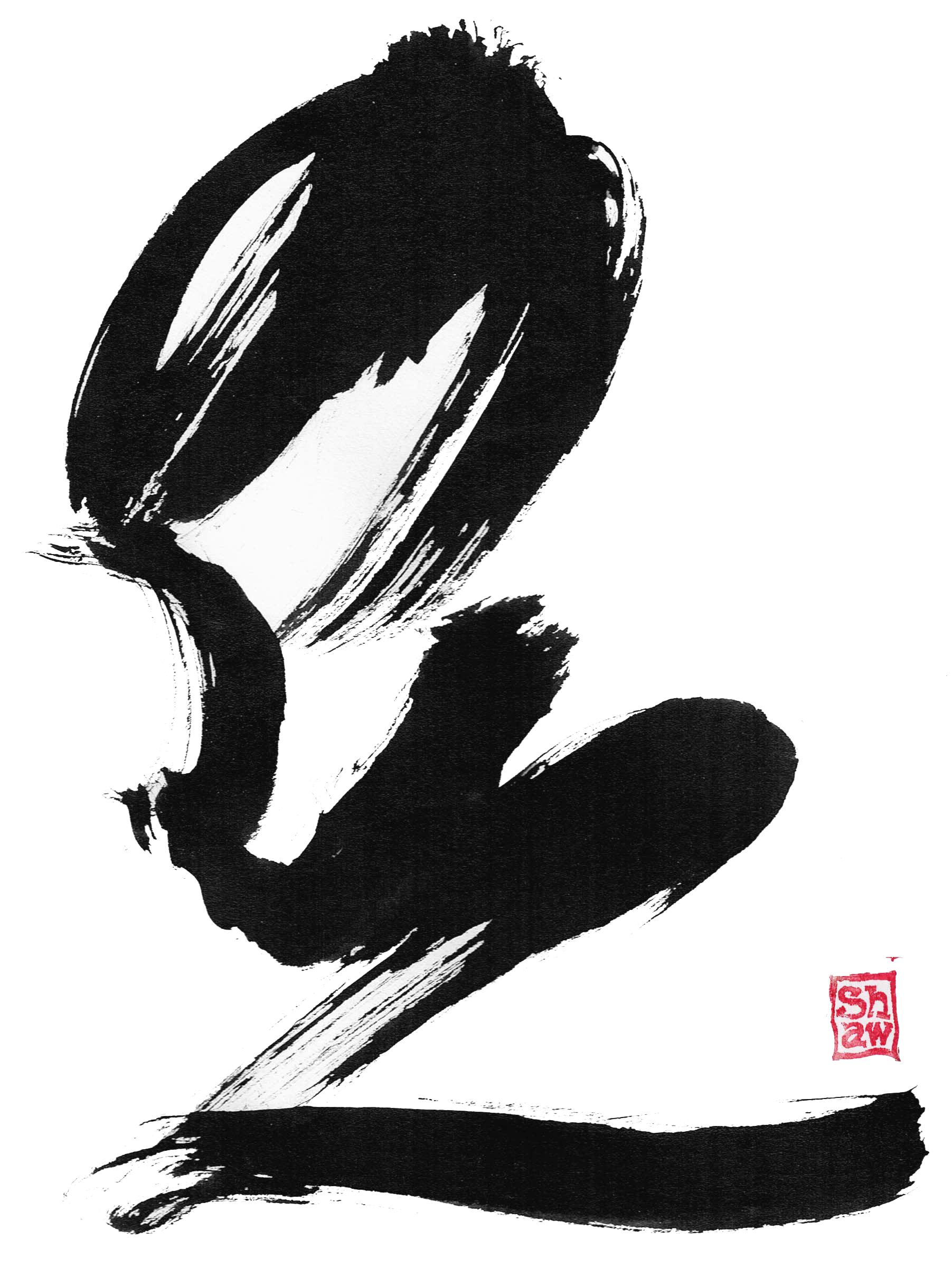Zen Filmmaking: Embracing the Flow


Zen Filmmaking:
Embracing the Flow
Zen Filmmaking, pioneered by Scott Shaw, is a unique approach that challenges traditional filmmaking methods. It emphasizes spontaneity, intuition, and a deep connection to the present moment, drawing inspiration from Zen Buddhist philosophy.
Here are some key features of Zen filmmaking:
No Script: Unlike conventional filmmaking, Zen Filmmaking eschews scripts altogether. Instead, stories emerge organically during the shooting process, guided by the filmmaker's intuition and the collaborative energy on set.
Emphasis on Flow: Zen Filmmaking strives to capture the flow of life, embracing chance encounters and unexpected developments. This allows for a more authentic and unpredictable storytelling experience.
Minimal Planning: Preconceived notions and excessive planning are discouraged. Filmmakers allow themselves to be guided by the present moment, making decisions on the fly and adapting to what unfolds.
Collaboration: Rather than a hierarchical structure, Zen Filmmaking encourages collaboration among all participants. Everyone is invited to contribute their ideas and energies to the creative process.
Technical Simplicity: Expensive equipment and elaborate setups are typically avoided. Zen Filmmakers focus on capturing the essence of the story with what is readily available.
Inner Journey: Beyond the film itself, Zen Filmmaking can be seen as a personal journey for the filmmaker. By letting go of control and embracing the present moment, they cultivate a deeper understanding of themselves and their creative process.
Criticisms: Some critique Zen Filmmaking for its lack of structure and focus, potentially leading to incoherent narratives. The reliance on improvisation can also pose challenges in terms of continuity and coherence.
Impact: Although not widely adopted in mainstream filmmaking, Zen Filmmaking has influenced independent filmmakers seeking alternative approaches. It encourages spontaneity, intuition, and a deeper connection to the creative process.